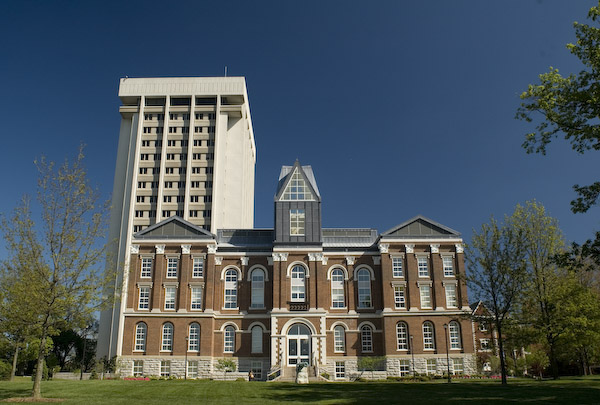Tuition increases and prevailing wages

$16,518.
That is how much it will cost an in-state undergraduate student to attend the University of Kentucky for a single year after this most recent 6 percent increase in tuition approved by the school's Board of Trustees. This is not a new trend. In fact, according to a recent Lexington Herald-Leader article by Linda Blackford, tuition has increased by 147% over the past decade.
I don't pretend to know the details about running a university as large as Kentucky, the cash flow involved with that type of operation, or the unforeseen costs they may prepare for. One thing I can say for certain is that the University of Kentucky recently took actions that will ensure these types of increases far into the future.
What did they do? Well, earlier this year they ensured that an upcoming student housing development would be subject to prevailing wage costs, needlessly driving up the cost of the project $60 million or more. You can bet that this cost will be passed on to the student. Cutting expenses and not participating in wasteful practices like prevailing wage could reduce the need for tuition increases, making it easier for Kentucky's families to send their children to the leading research university in the state.
Some don't see this trend in increased costs as a huge problem:
"I don't see any super burden on individuals," said Jim Stuckert, a past chairman and CEO of Hilliard Lyons, a wealth-management firm.
Do Kentucky's families see it differently?
